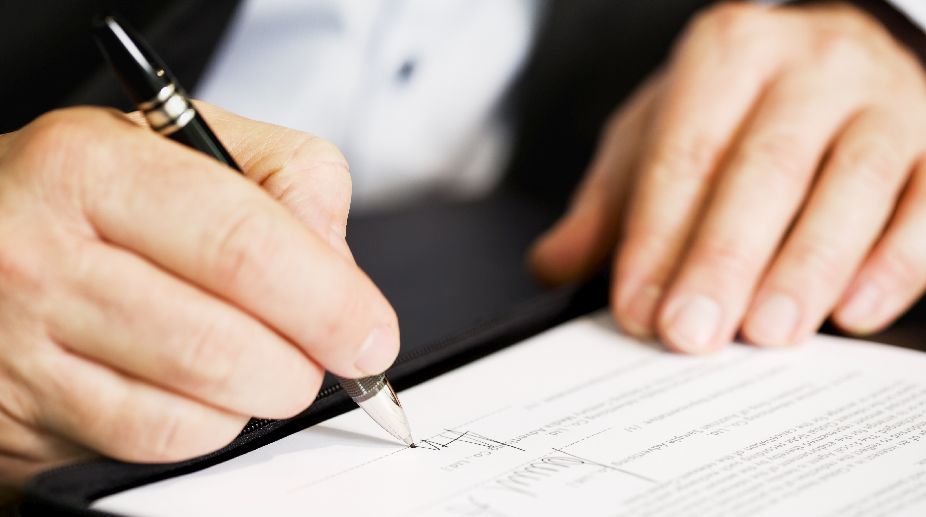Differences in the positions of the Japanese and US governments on trade have been laid bare. The “America first” policy trumpeted by the US Government, which casts trade deficits as a sworn enemy, will not benefit either nation.
Japan must tenaciously explain this point to the US government. The second round of the Japan-US economic dialogue, chaired by Deputy Prime Minister and Finance Minister Taro Aso and US Vice-President Mike Pence, was held in Washington. This follows the first round held in Tokyo in April. Pence indicated Washington’s “strong interest” in a bilateral free trade agreement with Japan.
Advertisement
Aso reemphasized the significance of the Trans-Pacific Partnership free trade agreement, from which the United States has pulled out, so their discussions were not on the same wavelength. The reason Japan is wary of an FTA with the United States lies in the basic approach taken by the administration of US President Donald Trump.
The Trump administration considers US trade deficits to be a type of exploitation by partner countries, and it unilaterally insists that the responsibility to rectify the imbalance rests with the trading partner.
Trump seems to be keenly aware of the support from US manufacturing regions that propelled him to victory in the 2016 presidential election. The trade deficit indicates the United States is importing many cheap and good-quality products that benefit US consumers.
The Trump administration has a glaring tendency to close its eyes to this reality and only cherry-pick elements that neatly fit with its own viewpoint.
The US attitude of flaunting its position as a superpower is also a massive problem.
The United States is demanding that it alone be given special treatment in negotiations to revise the North American Free Trade Agreement.
The United States dangled the possibility of scrapping the US-South Korea free trade agreement, which forced Seoul to agree to renegotiate the pact.
The Japanese government’s position is that, even if Tokyo enters into talks on a Japan-US free trade agreement, it will be difficult to make greater concessions than those made during negotiations for the TPP ~ a deal that raised expectations for market openings in the United States and other nations.
If the United States demands that tariffs on agricultural products and others be abolished or reduced by a level greater than they would be under the TPP, a deterioration in the relationship between Japan and the United States, which are crucial allies, would be unavoidable.









